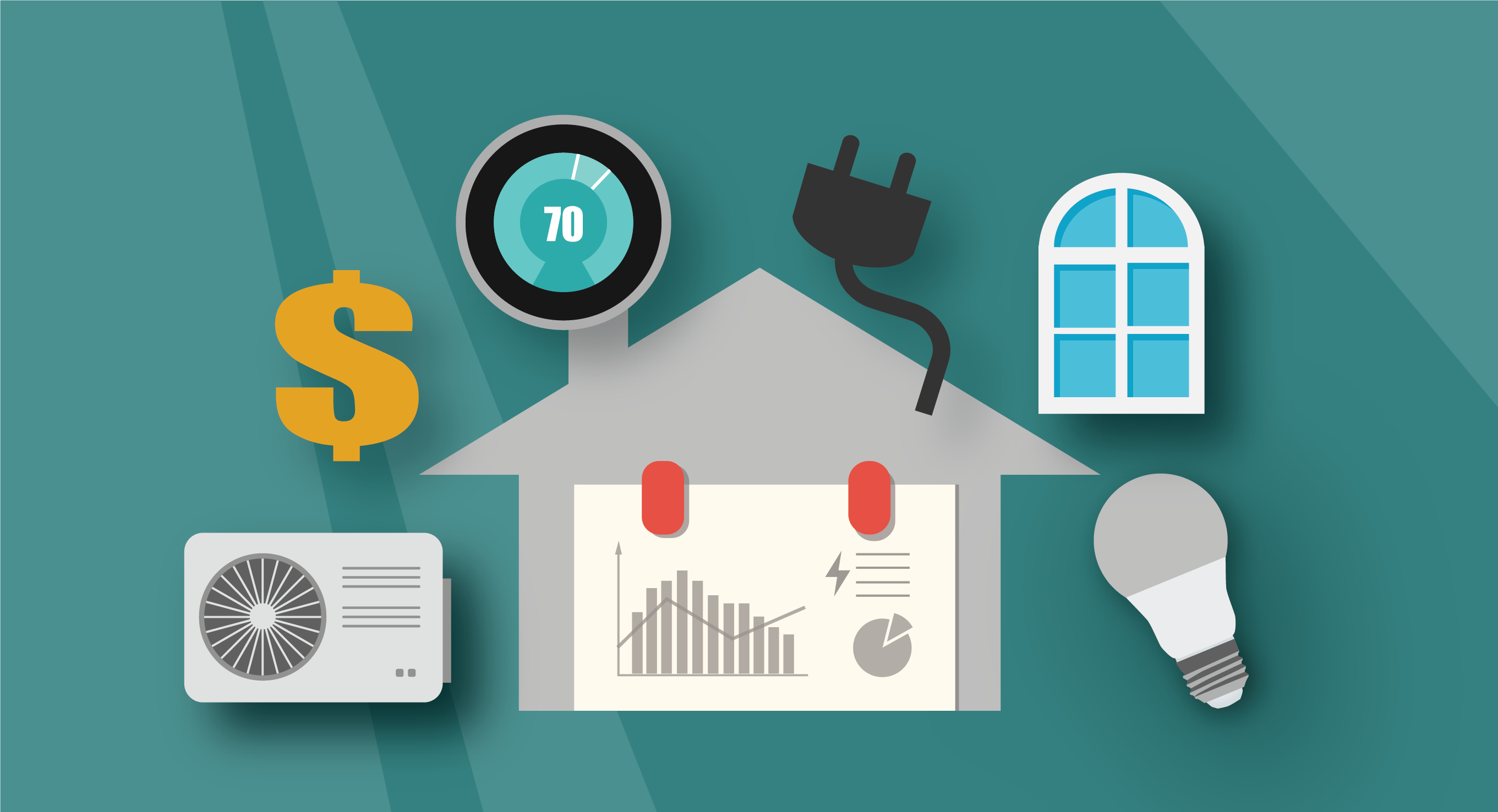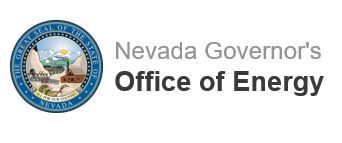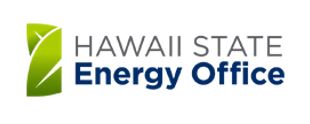
Teach energy efficiency through energy code basics
Hands-on Curriculum | Instructor Training | Resources
About our Program
Community college and trade programs are responsible for training the next generation of building professionals to design, construct, repair, and operate the buildings of the future. There is growing demand for skilled laborers who know how to make buildings energy efficient to save energy and reduce operating costs. Today’s professionals need training on energy efficiency best practices and how to meet energy code requirements for new and existing buildings. Use BEE Fundamentals to bring energy efficiency basics to new building professionals!


Bring building energy efficiency fundamentals to your students!
- Utilize hands-on, state-of-the-art curriculum in energy efficient HVAC, lighting, envelope practices and standards
- Integrate training modules in existing courses or teach curriculum as a stand-alone course
- Prepare students for building code and energy efficiency careers
- Receive instructor resources
Who we are
SEDAC, the Smart Energy Design Assistance Center, is an applied research center at the University of Illinois and the Energy Code Training Provider for the State of Illinois. We are partnering with State Energy Offices in Illinois, Nevada, and Hawaii to deliver this training program. This training program is funded by the U.S. Department of Energy, DE-EE0009092.0000, with the goal to increase participant knowledge of advanced design and construction practices among instructors and students in community college programs, and to increase awareness of employment opportunities in code official professions.
Contact SEDAC
energycode@illinois.edu | 800.214.7954

Meet our team!
SEDAC partnered with the State Energy Offices of Illinois, Nevada and Hawaii to develop the BEE Fundamentals curriculum and share it with community colleges and other training providers.
The Illinois EPA Office of Energy, directed by Chad Kruse, strives to achieve energy equity by investing in projects that focus on energy efficiency and new clean energy technologies to reduce the energy burden for Illinois consumers. Their programs address the water/energy nexus, support local governments and building trades, and promote investment in new, clean energy technologies.
The Nevada Governor's Office of Energy oversees energy programs required through statute and those that help to meet the mission of the office to ensure the wise development of Nevada's energy resources in harmony with local economic needs. Jennifer Taylor, Esq., Deputy Director, and Robin Yochum, Program Manager, are leading Nevada's energy code training efforts for the Building Energy Education program
The Hawaii State Energy Office has a goal to help Hawaii achieve 100% clean energy by the year 2045 and to position Hawaii as a proving ground for clean energy technologies and accelerate our transformation to a clean energy economy. Gail Suzuki-Jones, EERE Building Program Manager, and Howard Wiig, Energy Analyst, are assisting with the Building Energy Education program.
Train-the-Trainer Workshop
Learn about how to use the BEE Fundamentals Curriculum in your classroom.
Presentation Slides | Recording
April 29, 2022
Program Launch
SEDAC, in partnership with the State Energy Offices of Illinois, Nevada, and Hawaii, is pleased to launch our Building Energy Education Fundamentals Training Program! We celebrated the launch with a series of webinars in each state. Watch the recordings of the launch webinars below.
Hawaii Launch Webinars
Part 1: April 7, 2022, 12:00-1:30 pm HST
Presentation (BEE Fundamentals & Energy Code Basisc) Slides | Recording
Part 2: April 14, 2022, 12:00-1:30 pm HST
Presentation (Comfort, Air Quality & Lighting) Slides | Recording
Part 3: April 21, 2022, 12:00-1:30 pm HST
Presentation (Beyond Code, Net Zero & Existing Buildings) Slides | Recording
Nevada Launch Webinar
April 20, 2022 from 10am-12pm PST
Illinois Launch Webinar
April 22, 2022 from 2-4pm CST
Click Here to See our Needs Assessment Report
SEDAC interviewed community college instructors, code professionals, and energy efficiency professionals to identify training needs.




